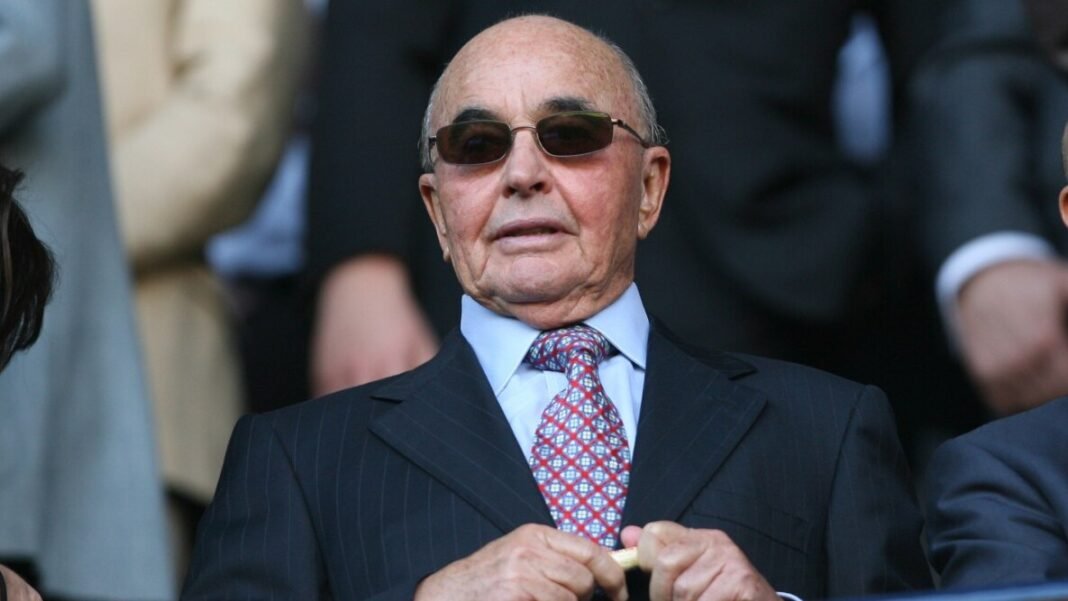British billionaire Joe Lewis has narrowly escaped imprisonment after confessing to orchestrating an insider trading scheme that enabled his associates to amass millions.
Prosecutors in New York revealed that the former owner of Tottenham Hotspur, residing in the Bahamas, clandestinely shared confidential information regarding four publicly traded companies with his girlfriend, friends, and two private pilots, facilitating their financial gains.
In January, Lewis admitted guilt to one count of conspiracy to commit securities fraud and two counts of securities fraud, acknowledging in court that he knowingly violated the law.
Despite the gravity of his actions, prosecutors advocated for leniency, citing his age, fragile health, and voluntary appearance in the US to confront the charges rather than contesting them through extradition.
During the court hearing on Thursday, the 87-year-old was spared jail time and instead sentenced to three years’ probation along with a $5 million (£4 million) fine.
Prior to sentencing, Lewis expressed remorse, stating, “Your honour, I’m here today because I made a terrible mistake. I’m ashamed.” He expressed a desire to rectify his wrongs and regain trust in his remaining days.
Lewis, the founder of Bahamas-registered investment firm Tavistock Group, ranks among the world’s top 500 wealthiest individuals, with an estimated fortune of $6.2bn (£4.9bn), inclusive of properties in various nations, a $250m yacht, private aircraft valued at $90m, and a $100m art collection.
For over two decades, Lewis held a controlling interest in Premier League football club Spurs, now managed by a trust on behalf of his family.
From the outset, Lewis’s case stood out; following his initial arrest, he was released on a staggering $300 million (£237 million) bail, leveraging his yacht and plane as collateral.
Prosecutors highlighted that Lewis obtained non-public information after making substantial investments and, between 2019 and 2021, shared tips with his inner circle on multiple occasions.
“This insider trading was not an isolated incident but rather a troubling pattern of misconduct spanning several years,” prosecutors remarked.
While the motive behind Lewis’s actions remains unclear, prosecutors suggested it could stem from “hubris, ego, a desire to bestow a financial boon without personal expense, an irrational form of greed, or other motivations.”




